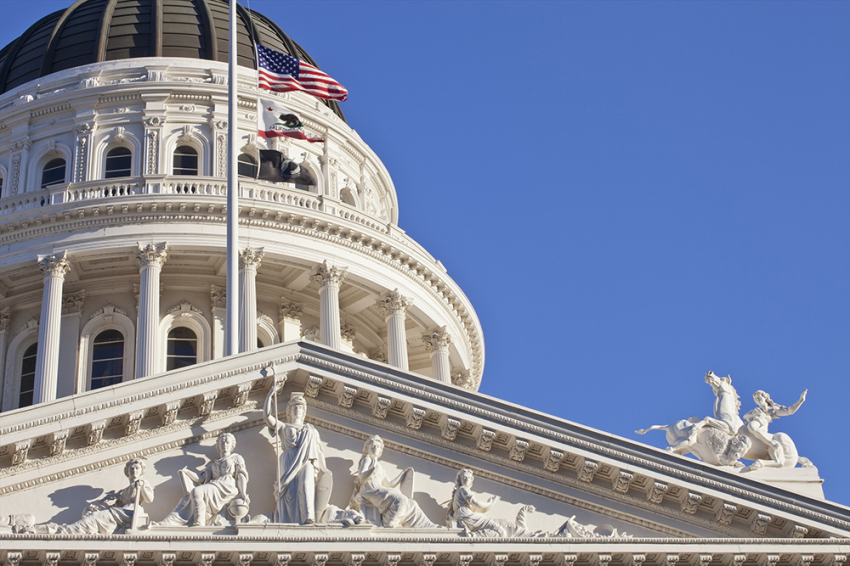Calif. considers banning schools from suspending students who are drunk, high

A California Assembly bill would prohibit school officials from suspending or expelling students who are drunk, high or in possession of illicit drugs in order to prevent them from engaging in further drug use.
Assembly Bill 599, introduced in February by Democratic Assemblymember Chris Ward, passed the Education Committee late last month and will be considered by the Appropriations Committee. The bill was amended by the Assembly last Tuesday, which led to changes to some of the bill's language.
"This bill would, commencing July 1, 2025, remove having possessed or used tobacco, or products containing tobacco or nicotine products, including, but not limited to, cigarettes, cigars, miniature cigars, clove cigarettes, smokeless tobacco, snuff, chew packets, vaping products, and betel from the list of acts for which a pupil, regardless of their grade of enrollment, may be suspended or recommended for expulsion for," the bill reads.
Under the proposed bill, charter school pupils in grades K-12 couldn't be suspended or recommended for expulsion based on these acts alone.
"Research notes that high feelings of school connectedness can decrease drug use, and data indicates that pupils who reported low levels of school connectedness were more likely to use drugs or alcohol," the bill states.
Under existing law, school superintendents and principals are required to recommend expulsion for students who commit "certain acts" at school or at school activities off-campus, such as possessing "certain controlled substances." Students are subjected to expulsion unless a school official deems it unnecessary or determines that an "alternative means of correction would address the conduct."
"This bill, commencing July 1, 2025, would instead no longer require the principal or superintendent of schools to recommend the expulsion of a pupil for the unlawful possession of certain controlled substances under any circumstance," the text reads.
By July 1, 2025, the bill would also require the California Department of Education to collaborate with stakeholders, treatment providers, community-based organizations and various other groups to craft a model policy. The policy would follow a "public health approach" for addressing student possession and use of illicit drugs on school property.
Local education agencies would also be required to design and adopt a plan on or before July 1, 2025, for dealing with students who use or are in possession of drugs on school property. The plan must be "youth-informed," reduce criminalization, and ensure students know where to locate educational information about support and treatment for substance abuse on campus or within the community.
"This bill would also make Legislative findings and declarations relating to these provisions, make conforming changes, and delete obsolete provisions," the bill reads.
In a February statement, Ward said the bill provides educators and school administrators with the "tools" to address substance abuse in California schools.
"AB 599 creates a balance between a clear policy for addressing inappropriate behavior and providing a supportive school environment so students who have substance use issues can get the help that they need," Ward stated.
"Schools should have the option to take a public health approach instead of a punitive one, giving school counselors, social workers and substance use disorder counselors the flexibility to address the problem and get students on the road to recovery."
According to an October 2022 report from the Ed Source, there were 3,200 drug-related suspensions in California schools in 2021, which accounted for about 20% of all suspensions.
According to the results of a 2017-2019 WestEd California Student Survey of 45,000 students from 114 public schools,16% of 11th graders admitted that they drank alcohol, and 16% admitted to using marijuana. Eleven percent of eleventh graders said that they use a vaping device, with most students admitting they were more likely to vape marijuana than tobacco.
According to a 2022 report from the California Health Care Foundation, 44% of high school juniors reported having used alcohol or drugs in their lifetimes. The report also found that approximately 2.9 million Californians age 12 and older had a substance use disorder in the past year.
Samantha Kamman is a reporter for The Christian Post. She can be reached at: samantha.kamman@christianpost.com. Follow her on Twitter: @Samantha_Kamman



























